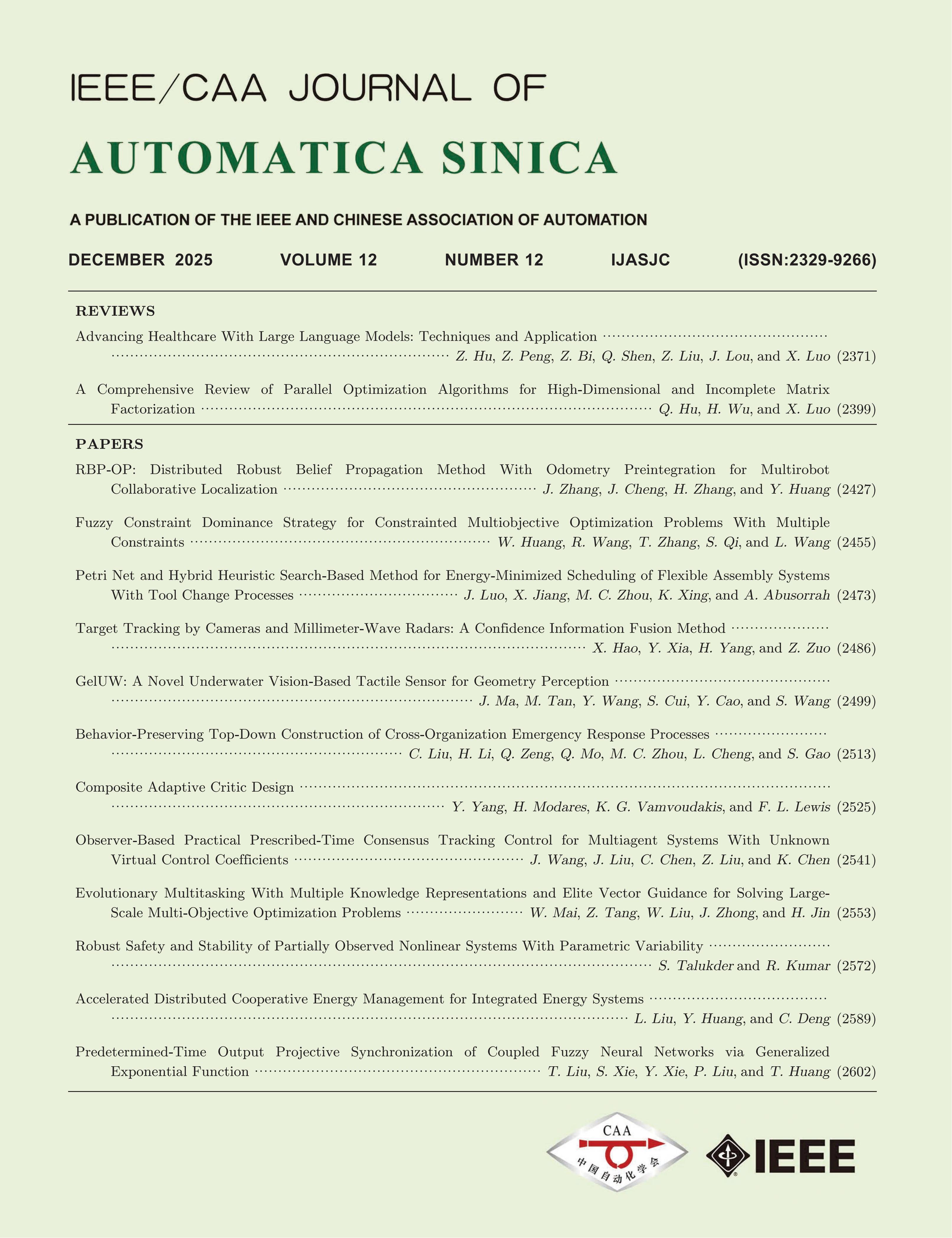Vol. 4, No. 1, 2017
Display Method:
2017, 4(1): 1-5.
Abstract:
2017, 4(1): 6-18.
Abstract:
2017, 4(1): 19-26.
Abstract:
2017, 4(1): 27-40.
Abstract:
2017, 4(1): 41-47.
Abstract:
2017, 4(1): 48-57.
Abstract:
2017, 4(1): 58-69.
Abstract:
2017, 4(1): 70-79.
Abstract:
2017, 4(1): 89-97.
Abstract:
2017, 4(1): 98-106.
Abstract:
2017, 4(1): 107-113.
Abstract:
2017, 4(1): 114-124.
Abstract:
2017, 4(1): 125-135.
Abstract:
2017, 4(1): 136-142.
Abstract:
2017, 4(1): 143-153.
Abstract:
2017, 4(1): 154-160.
Abstract:


 E-mail Alert
E-mail Alert


